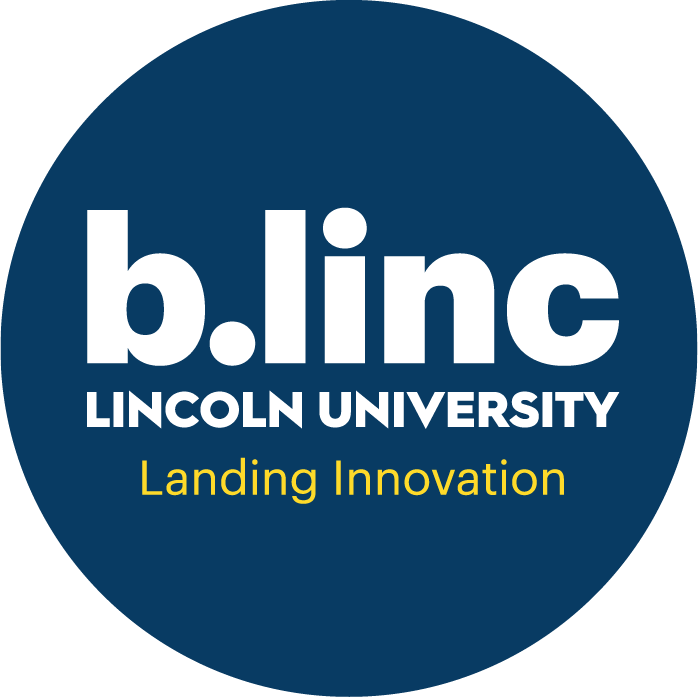Rebuilding Trust with New Zealand
Penny Clark-Hall is a Kellogg Rural Leader (37) and an expert on social license to operate (SLO). A product of rural New Zealand (still living on farm!) with a background in video journalism and PR, Penny brings a unique perspective to SLO, explaining what is it, why we need it and where to go from here. Is it possible to bridge the urban-rural divide?
The earning of a social licence is really not that complicated. It all boils down to relationships and the trust capital within them. It’s as simple as being a “good human”. But sometimes being a good human in the business context is harder than it looks.
The challenge is not exclusive to the primary sector. All businesses are accountable to shareholders and the bottom line, more and more so with the industrialisation and economic growth New Zealand has seen since the second World War. With the economic strength gained our people, and their values, took a back seat. This is where the crux of social licence lies.
The wealth of New Zealand has now afforded our society the ability to prioritise our values over financial security. The problem? Years and years of businesses overlooking those values, focusing on returns, has burnt a hole in the trust wallet and we have some work to do in rebuilding that.
Like we do with China, in building trade relations, we must put our relationships first, and I mean that in the broadest sense. For the primary sector, anyone that consumes our products, or is reliant on the resources we use, is a stakeholder in our business. They all deserve our respect and best efforts.
Being a good human
So how do we empower our businesses and the people within them to “be a good human”, and do the right thing by our stakeholders, whilst preserving their bottom line? One of the simplest answers to that is transparency and inclusiveness.
Transparency is not just about attaching a fancy report to your end of year financials, labouring over the great things being done and skimming over the shortfallings. We need to own our failures better and have the humility to recognise the impact they have on our stakeholders. Our audience is a lot more cynical these days – you only need to look at the Occupy Wall St movement and Dirty Dairying campaign to understand that sweeping things under the rug or apportioning blame will only inflame the situation and further degrade the level of trust you have with those that can derail your business.
Be brave. Own it. If you can fail transparently, you are showing your stakeholders you respect them enough to make yourself vulnerable to them, with a genuine desire to do better. It always comes back to being a “good human”. If you stole a $10 note from you parents and chose to confess and apologise for it rather than try and hide it. Which scenario do you think would produce you the most favourable result?
Many case studies on the social licence to operate prove that making your stakeholders a part of the solution is also incredibly powerful. If you are facing resistance or disapproval of how you’re operating then wouldn’t it make sense to seek a solution that would appease that party? Rather than waste resources guessing or assuming (the mother of all f*** ups) what will solve the issue, why not give that job to the very people that are unhappy about it? The solution will be far more enduring and a side benefit you’ll have healed relations with a group that could have caused you a lot more long term pain.
Don’t be a control freak. Building trust with your stakeholders is also about trusting them too. It’s not a one way street. Give them some control over things that affect them. Bringing it back to the basics of being a good human again. What would you rather? As a child, being forced to eat plain old broccoli or being given the option to add some condiments of your choice to make it more palatable?
For the longest time businesses have functioned as the big corporate that makes its own rules and picks and chooses its “good human” moments. Fortunately, this is no longer being tolerated by society and businesses are frequently being called out when perceived to be being dishonest or not operating for the greater good.
Being a good business requires a genuine and authentic relationship with its stakeholders. It’s their values that need to be understood and met.
Turning point
The New Zealand primary sector in my view is sitting at the lowest level of Acceptance (Boutilier & Thomson, 2014) and on the precipice of its legitimacy being questioned. Many things have caused us to get here, but the turning point now is our strong and diversifying economy and food innovation. This is reducing the feeling of dependency on the sector and empowering stakeholders to challenge us to do better.
To build New Zealand’s primary sector from a question of legitimacy and passive acceptance we need to accept the challenge to be “better humans” in our businesses. Be accountable, understand and build better relationships with stakeholders (rebuilding the trust capital), empower them to be the solution, align our values to meet theirs and start reporting transparently – warts and all. Be brave. Make the most of the mistakes and failures along the way. It’s a far more effective way to rebuild trust and credibility. No more pointing the finger, in trying to make it fair, who would want to play with that kid in the playground?
If you would like to learn more about SLO, click here to download Penny’s full research paper. Watch this space for more information about Penny’s work, SLO and what you need to do to earn and/or improve your own SLO.
